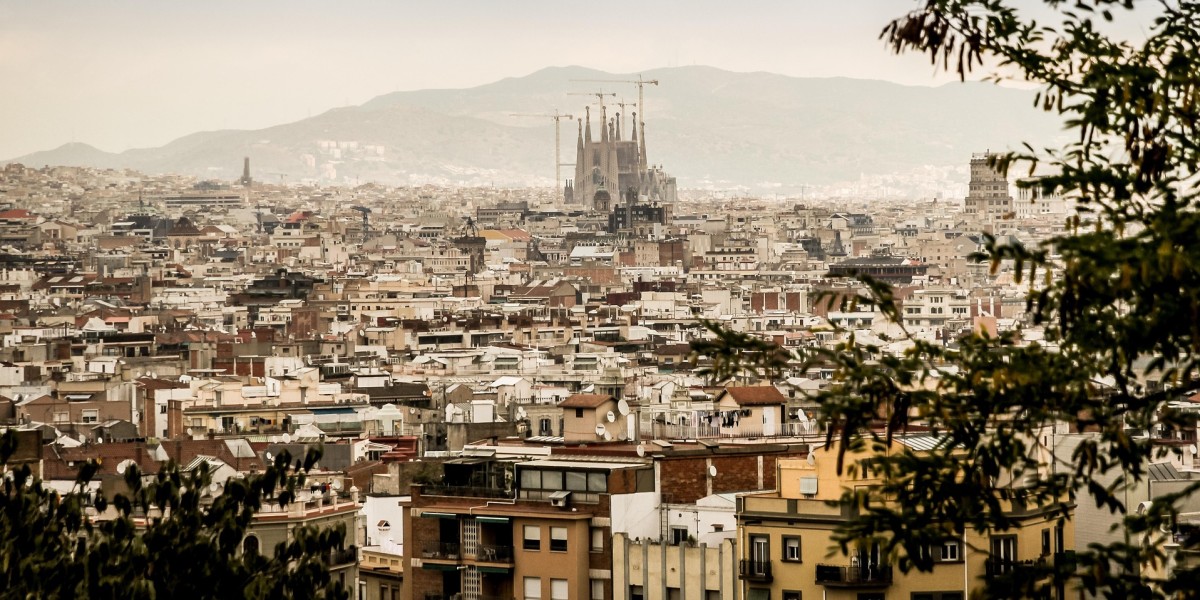
Barcelona is a city that attracts people from all over the world. It boasts great, sunny weather, a fun beachy vibe, and so much going on that you'll never run out of things to do. These attributes make it an appealing destination for expats, offering a cosmopolitan and multicultural environment with plenty of leisure options.
Choosing to live in Barcelona, however, requires careful planning, particularly regarding the cost of living. Understanding the prices of housing, food, and other essentials can help you establish a realistic budget before making the move.
Is it worth living in Barcelona?
Living in Barcelona offers numerous advantages, including a pleasant Mediterranean climate, a bubbly cultural scene, and an engaging artsy environment. The city's lively atmosphere is reflected in its countless museums, galleries, and cultural events. Notable sites like the Sagrada Familia and Park Güell reflect Barcelona's world-renowned architecture.
However, potential challenges such as the high cost of living and the need to learn Catalan for full integration should be considered. Overall, the decision to relocate depends on one's lifestyle preferences and willingness to adapt to the city's dynamic environment.
Living in Barcelona: pros and cons

When considering a move to Barcelona, it's important to weigh both the positives and potential downsides. Assessing these factors can provide a clearer understanding of what life in the city might entail.
Let’s start with the pros of living in Barcelona:
- Mediterranean climate: Barcelona enjoys sunny days and pleasant temperatures for most of the year, making it perfect for outdoor activities.
- Culture: with numerous museums, galleries, and cultural events, the city is a hub of art, history, and modern culture.
- Architectural marvels: Barcelona is home to world-renowned architecture, including the Sagrada Familia and Park Güell, offering daily inspiration and beauty.
However, like all places, Barcelona has its drawbacks:
- High cost of living: the city's popularity contributes to a higher cost of living, particularly in housing, compared to other Spanish cities.
- Crowded tourist seasons: attracting a high number of visitors, Barcelona can become overly crowded during peak tourist times, impacting daily life for residents.
Cost of living in Barcelona
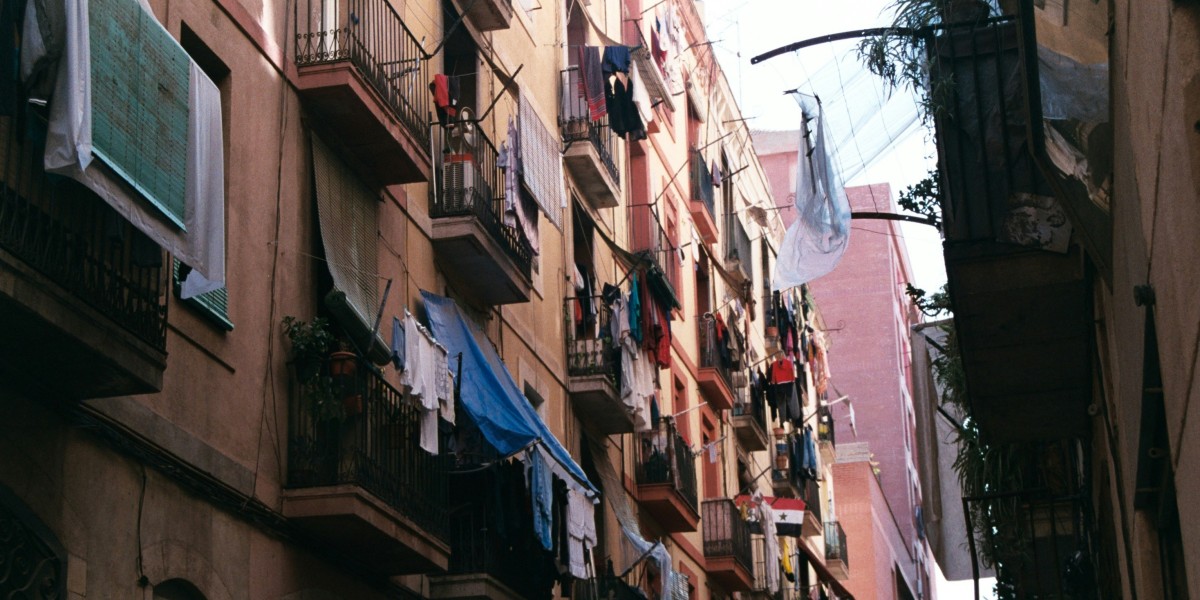
The cost of living in Barcelona is a critical factor for those considering settling in the city. It is perceived as high, especially compared with other regions of Spain, though this varies based on lifestyle and personal priorities.
Housing remains one of the most significant expenses, with rent in Barcelona on average €23.8 per m2 in April 2025, which comes out at €2,023 per month for an 85 m2 apartment. Property prices in Barcelona are also quite high, at an average of €4,875 per m2.
Grocery costs are reasonable with options to shop at local markets and budget supermarkets. An inexpensive meal will cost you around €15, while a beer ranges from €2.50 to €6, and coffee typically costs under €4. Public transport is efficient, with monthly fares starting at €22 for an Hola Barcelona Travel Card. Utilities, including water, electricity and internet, can average around €150 per month. However, this estimate can greatly vary depending on whether you live alone or with others.
What salary do you need to live in Barcelona?
A single person can get by on a salary of between €1,300 and €1,400 per month, covering rent, transport, groceries, healthcare, and still having some money left for leisure and going out. While many with lower salaries live in Barcelona and manage, if you want the ability to save or travel, have more choice in where you live, and enjoy additional expenses, aiming for around €2,000 is best.
The amount of money needed to live comfortably in Spain can vary widely depending on your location, with Barcelona requiring more than most other places.

Living in Barcelona for a month
While €1,000 can cover expenses if you rent a room in a shared apartment and use cost-saving measures, you'll need more if you want to explore the city, its surroundings, and do some tourist activities. You can rent a room in a shared apartment from around €300 per month or more, although many places may have a minimum stay of two months or more.
If you're looking to rent a room in a shared apartment in Barcelona for a month, idealista’s online booking service can simplify securing accommodation before you arrive in the city. You can cut out the hassle of big deposits and filter by preferences, making it easier to sort out temporary living arrangements on your terms.
Living in Barcelona for 3 months
For a three-month stay, a budget of approximately €1,500 a month can support a comfortable lifestyle. Prices can change a lot between tourist peak times and off-peak times, so you'll need to adjust your accommodation budget accordingly.
If you're living in Barcelona as an American or are from another non-EU country, you can stay for up to 90 days without needing a Spanish ID. However, for a stay beyond that, you'll need to get a NIE number.
Best neighbourhoods to live in Barcelona
The city offers a diverse range of neighbourhoods, each with its unique charm and amenities, catering to different needs, from family-friendly areas to vibrant cultural hubs. For those seeking more affordable options or a quieter lifestyle, renting in other towns within the Barcelona province can be worthwhile. These areas often provide competitive rental prices while still offering convenient access to Barcelona city.
Gràcia
A bohemian hub for young professionals
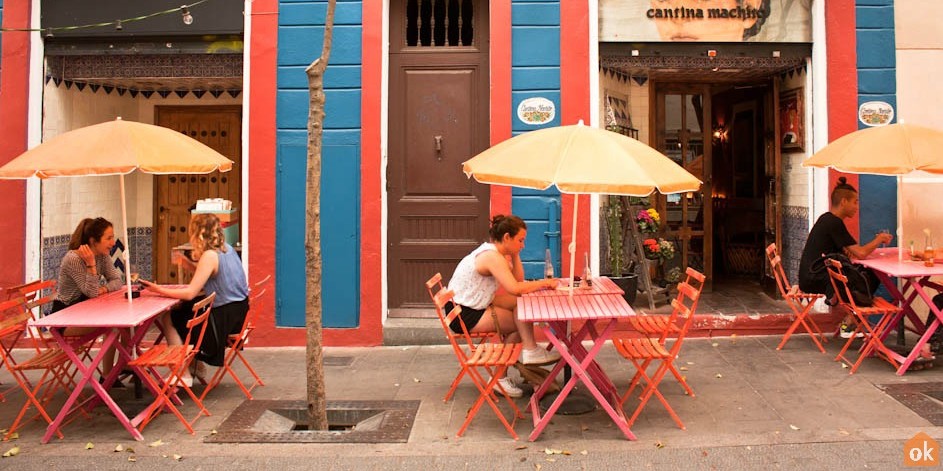
Gràcia is cherished for its boho character, lively plazas, and small-town charm that attracts expats and young professionals. This neighbourhood offers a nice community environment with a mix of trendy boutiques, cosy cafés, and artsy hangouts. Known for its annual street festival, Gràcia provides an engaging cultural experience and easy access to the city centre while maintaining its unique, independent spirit.
El Born
Cultural heartbeat with lively nightlife

El Born is renowned for its dynamic nightlife and rich cultural attractions, perfect for those seeking urban excitement. The area teems with historic sites, such as the Picasso Museum, contemporary art galleries and is right next to Ciutadella Park. Its narrow, winding streets are filled with character, making El Born a magnet for creative souls and cultural enthusiasts.
Eixample
Family-friendly with modernist flair
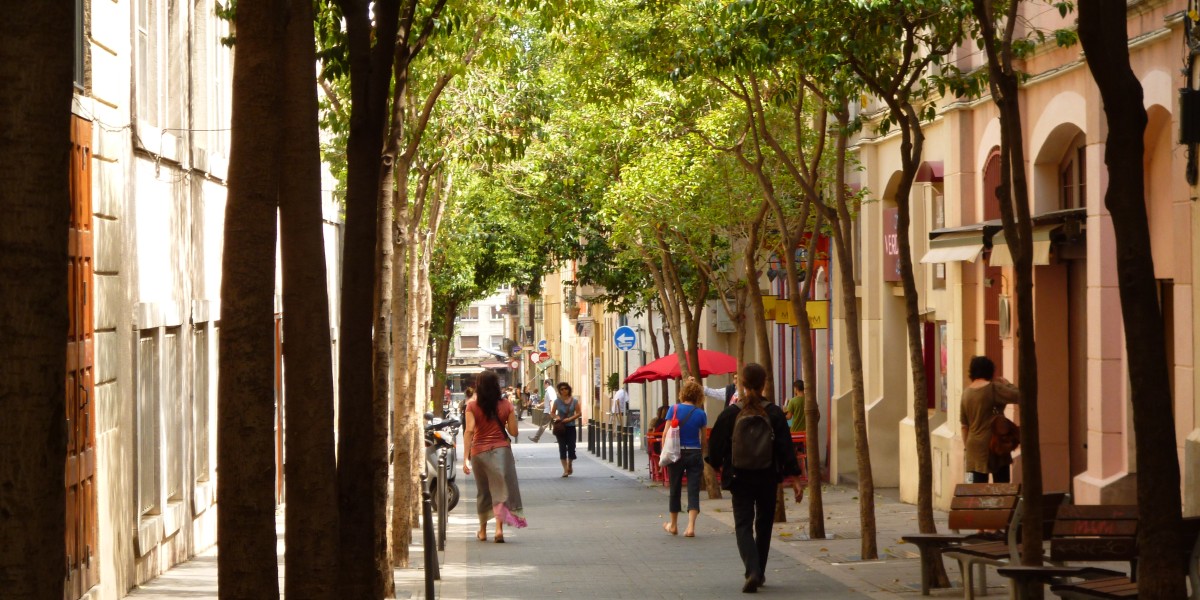
Eixample is defined by its grid layout and iconic modernist architecture, making it an excellent choice for families and expats seeking comfort and convenience. The neighbourhood is home to many of Gaudí's masterpieces, including Casa Batlló and La Pedrera, providing a daily dose of architectural inspiration. With wide avenues and a plethora of amenities, Eixample offers a sophisticated atmosphere and a mix of residential and commercial spaces.
Pedralbes
Exclusive leafy luxury

Pedralbes is known as Barcelona's most exclusive area, offering tranquil streets and luxurious villas perfect for high-end living. Nestled in a serene setting away from the bustling city, Pedralbes is favoured by affluent locals and foreigners seeking privacy away from the city centre. Its proximity to international schools and major business districts makes it a practical as well as attractive residential choice.
Barceloneta
Laid-back beachside living
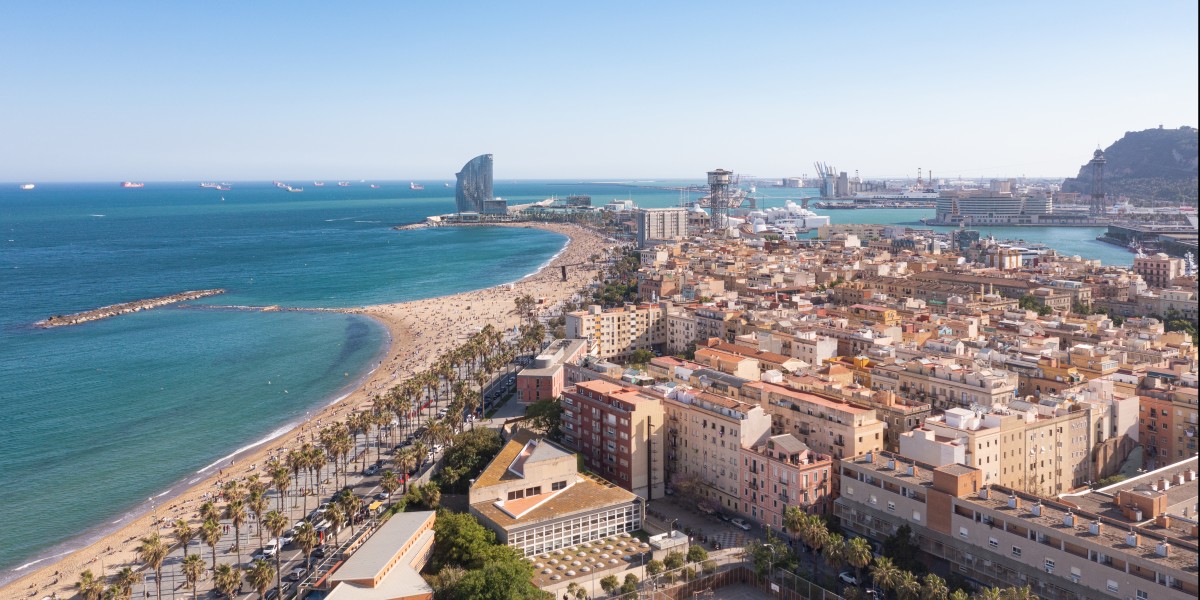
Barceloneta offers a chilled vibe with direct access to the beach, making it ideal for summer living and seaside lovers. This former fishing district boasts a maritime charm, with its sandy beaches and numerous seafood restaurants. Barceloneta is synonymous with leisure and fun, providing a beachside retreat just a stone's throw from the city centre.
Sant Andreu
Affordable family living
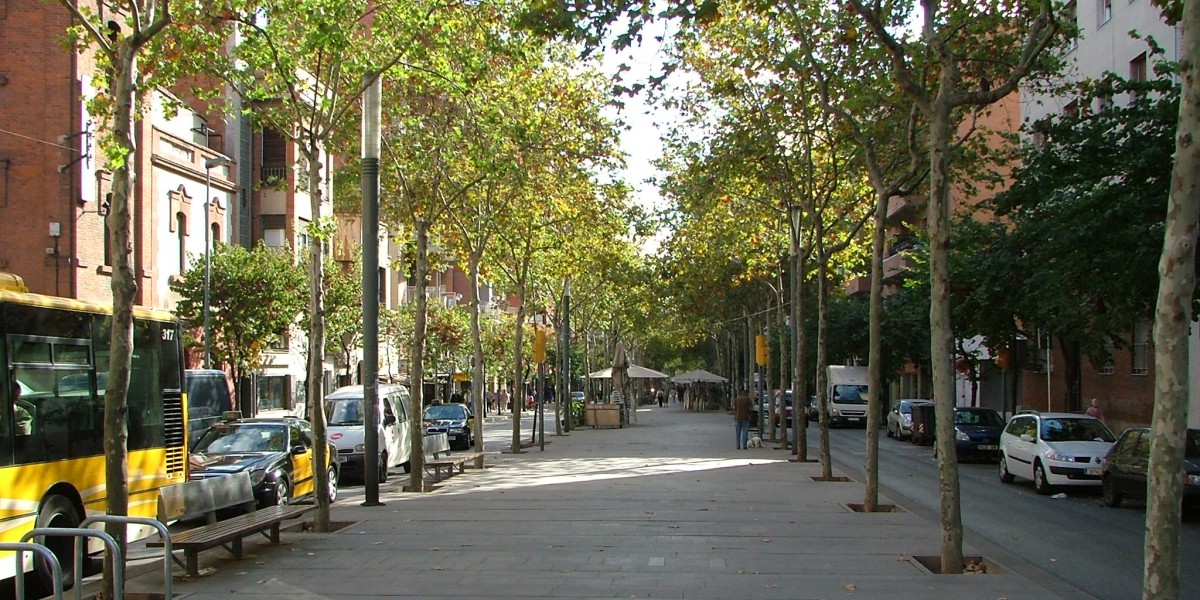
Sant Andreu is a more affordable neighbourhood located outside the city centre, popular with families seeking a friendly local atmosphere. Known for its tight-knit community and village-like feel, Sant Andreu offers a quieter residential experience away from the tourists. The area is rich in local markets, community centres, and green spaces, providing a peaceful environment within easy commuting distance to the city.
Living in Barcelona vs living in Madrid
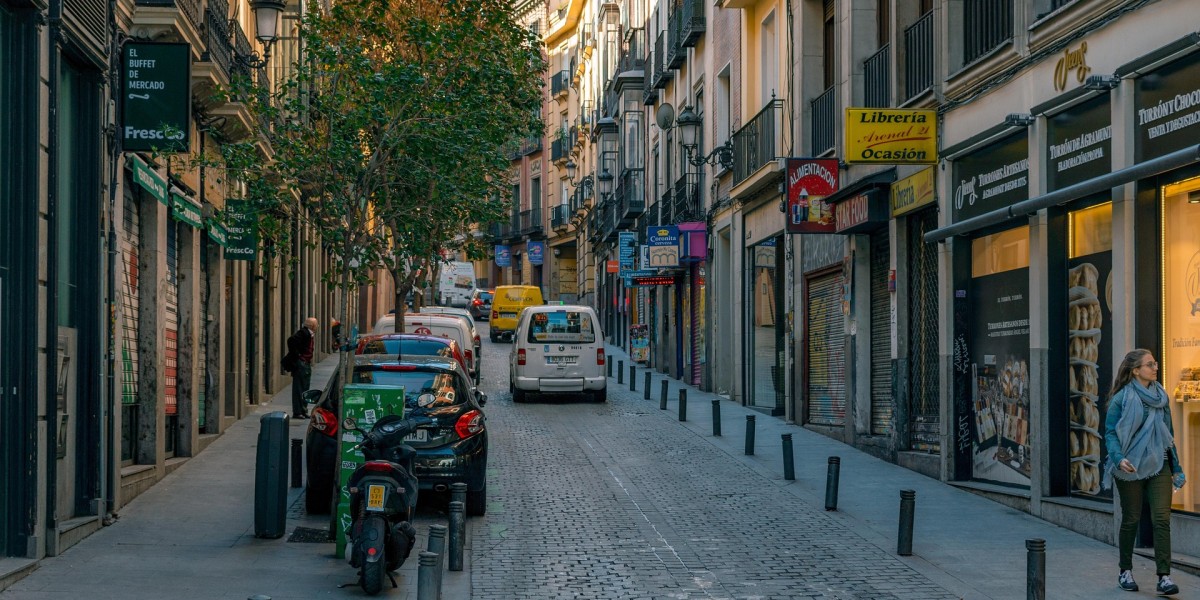
The ongoing rivalry between Barcelona and Madrid isn't just about football - it also includes the debate over which city is the better place to live.
Barcelona provides access to the sea and a milder climate, while Madrid boasts more nightlife and cultural things to do. Cost of living varies, with Madrid often slightly cheaper in rent, though dependent on specific neighbourhoods. Property prices in Madrid, however, are higher on average as of April 2025.
Barcelona offers a coveted quality of life with both beaches and mountains close by. Decisions may be influenced by job opportunities, transport links, and the scale of urban living each city provides.
Living in Barcelona as an expat
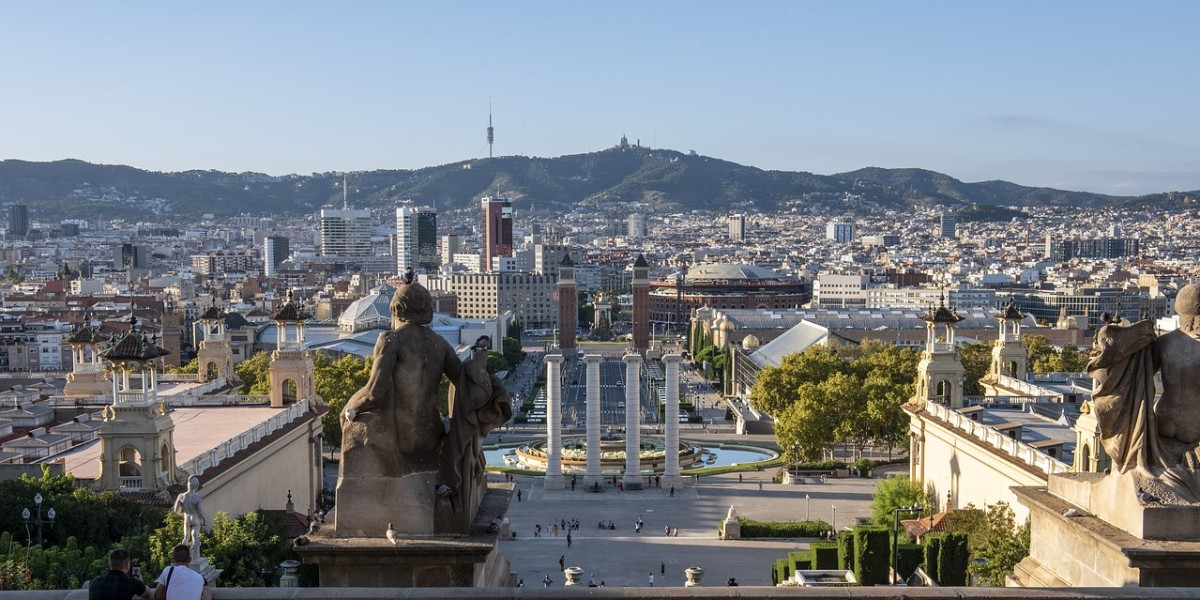
Barcelona hosts a diverse expat community, including more than 300,000 internationals, comprising students, digital nomads, professionals, retirees, and families. So, there’s a strong support network for expats here.
While language barriers and integration can be tricky, areas like Gràcia and Eixample are popular among expats, especially with a noticeable British presence in several neighbourhoods.
It’s important to be aware of the proud Catalan identity. Appreciating and learning about local culture, such as picking up some Catalan or learning about the history and customs, can make living here a much richer experience.
Can a UK citizen live in Barcelona?
Post-Brexit, UK citizens must navigate specific residency requirements to live in Barcelona. The same applies to US citizens and other non-EU individuals. Visas and residence permits available include the Visado de Trabajo y Residencia (work and residence visa), Visado de Estudios (student visa), and Visado de Residencia, which caters to family reunification or retirement needs.
Other pathways include employment with Spanish firms, self-employment, studying, or settling as a dependent of a Spanish resident. Each route involves bureaucratic processes that require understanding and preparation for a seamless transition.
